Zero Waste Cooking: Tips to Minimise Food Waste in Your Kitchen
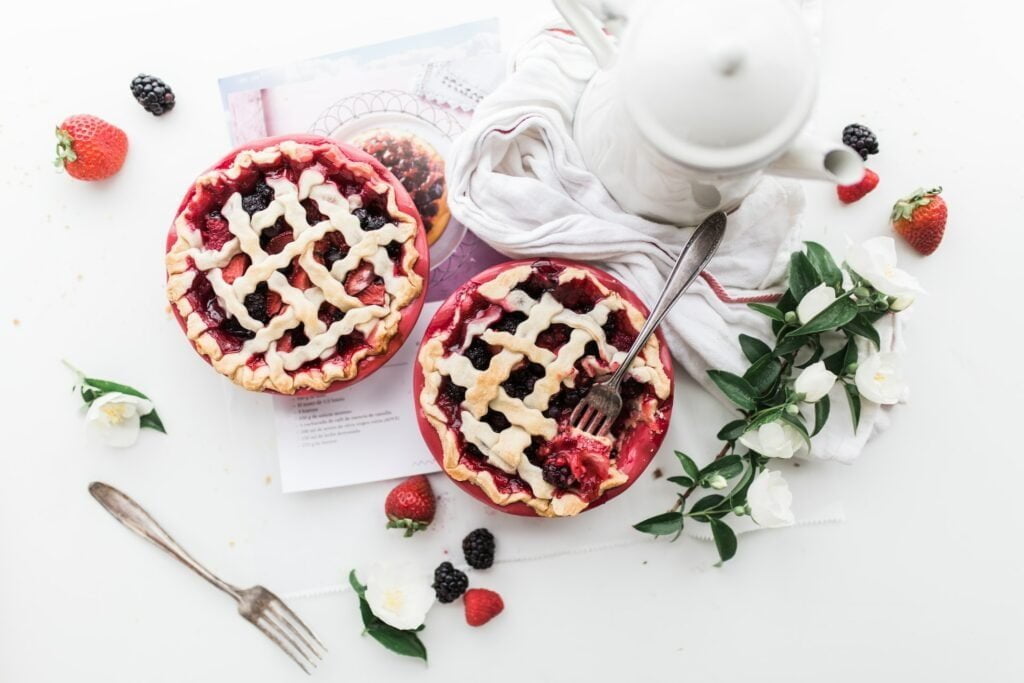
The kitchen is the heart of many homes, where we create delightful meals to nourish our bodies and souls. But as we cook, we also create waste, much of which often ends up in landfills. The United Nations Food and Agriculture Organization estimates that approximately one-third of all food produced globally for human consumption is wasted every year. That’s roughly 1.3 billion tonnes of waste, and it has profound implications for the environment and our economies.
Many people who are not “hungry” (in the sense that they are suffering physical discomfort) may still be food insecure. They might have access to food but do not know how long it will last. They may be forced to reduce the quality and/or quantity of the food they eat to get by. This condition of food insecurity also has far-reaching consequences for mental and physical health and well-being, and for society.
The Food and Agriculture Organization of the United Nations
Enter zero waste cooking, a way to not just make your kitchen greener, but also make your meals more sustainable. It’s a trend that’s taking off across the globe, enabling people to reduce their carbon footprint while creating delicious meals. Here are some tips and hacks for minimising food waste in your kitchen.
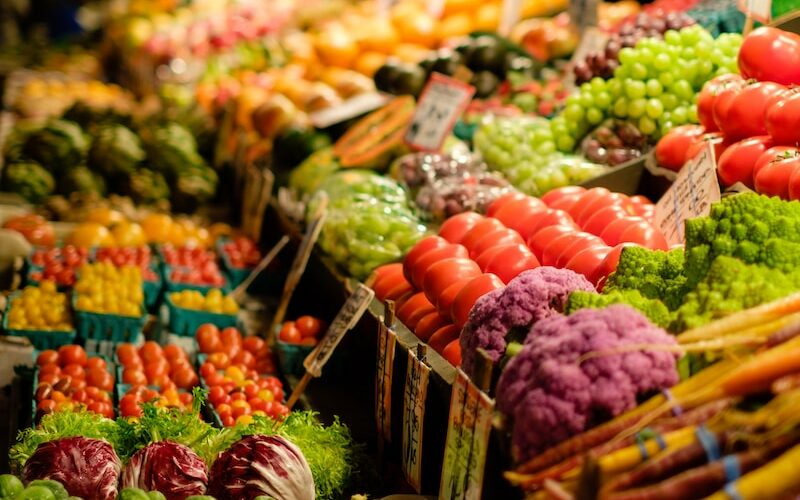
Understand Expiry Dates
Misunderstanding expiry dates is a common cause of food waste. Use-by, best-by, and sell-by dates can be confusing, leading many to throw away food prematurely. Understanding these labels can significantly reduce the amount of food you throw away. As a general rule, ‘use-by’ refers to safety, ‘sell-by’ to the store’s inventory management, and ‘best-by’ refers to quality, not safety.
Meal Planning and Smart Shopping
Meal planning can be a lifesaver. By knowing exactly what you need for the week’s meals, you can reduce impulse buys and limit potential waste. Make a shopping list based on your meal plan, sticking to it as closely as possible. Consider portion sizes when planning meals to avoid cooking more than necessary.
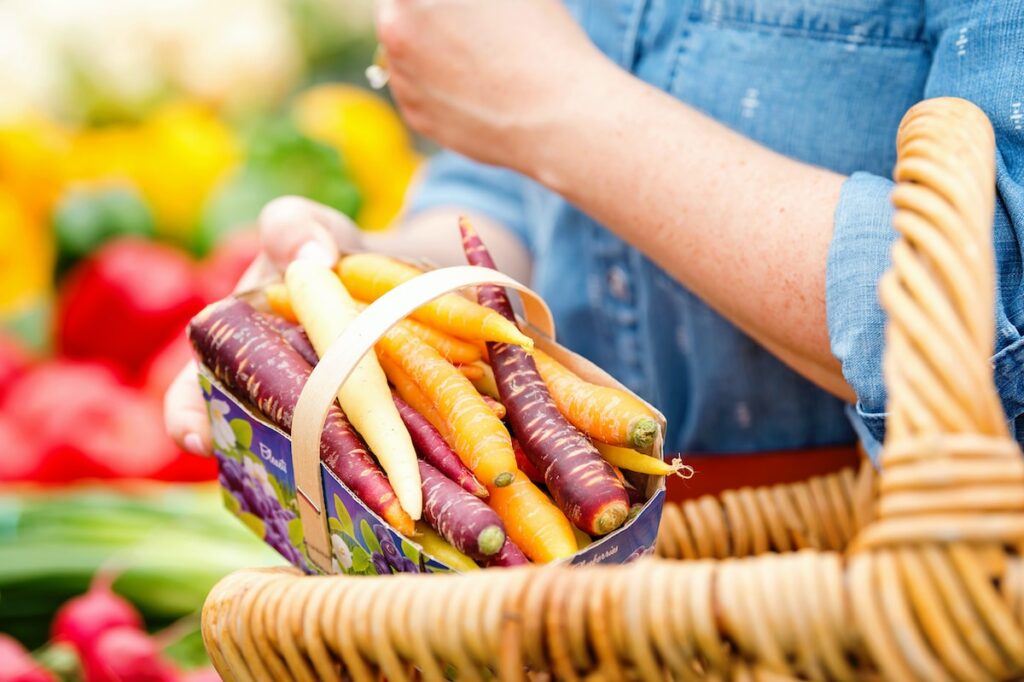
Use Every Part of Your Food
A cornerstone of zero waste cooking is using every part of your food. For example, you can use broccoli stalks in stir-fries or stews, citrus peels to make homemade cleaners or infuse vinegar, and leftover bread can be turned into bread crumbs or croutons. Also, meat and vegetable scraps can be turned into rich broths and stocks.
Composting
Even with our best intentions, there will always be some food scraps like coffee grounds, eggshells, or vegetable peels. Instead of throwing these away, compost them. Composting returns essential nutrients back to the soil and reduces the amount of organic waste sent to landfills.
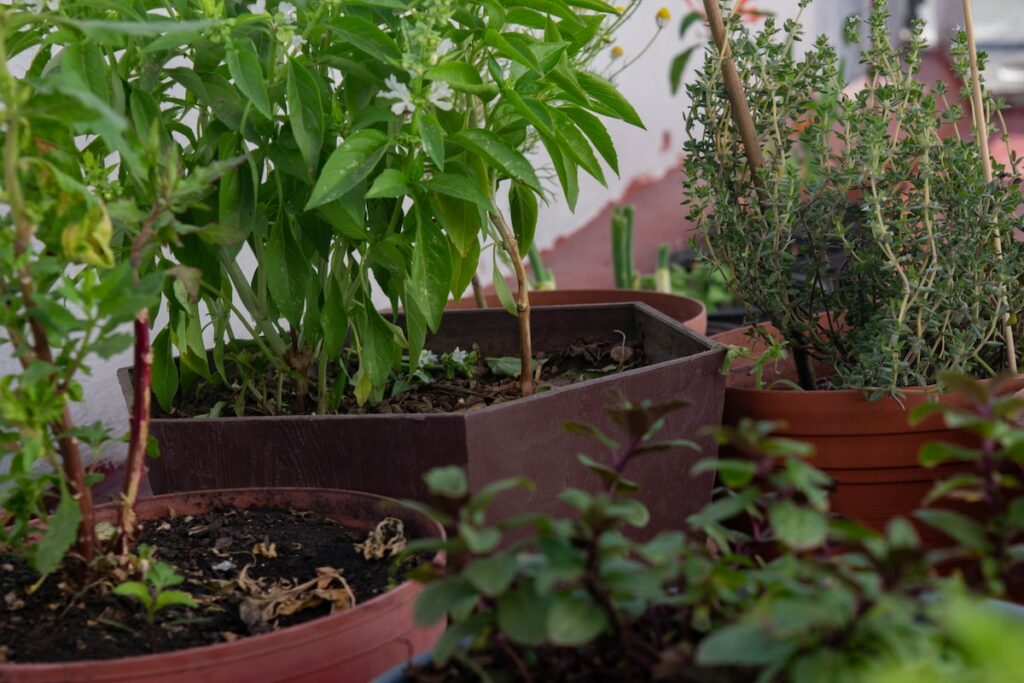
Storing Food Properly
Proper storage can significantly extend the life of your food. For instance, storing fruits and vegetables correctly can prevent premature ripening and spoilage. Remember not all fruits and vegetables are friends; some fruits, like apples and bananas, give off gases as they ripen that can cause other produce to spoil faster.
Preserving Food
Canning, pickling, and freezing are excellent ways to preserve excess food. If you find yourself with more fruits or vegetables than you can eat, consider these preservation methods to extend their shelf life and enjoy them later.

Love Leftovers
Embrace leftovers! They’re an excellent way to reduce waste and save time on meal prep. If you find leftovers a bit boring, get creative in repurposing them into new meals. For example, leftover roast chicken can become chicken salad, chicken tacos, or be added to soups.
Community Sharing
Finally, if you have excess food that you won’t be able to use before it spoils, consider donating it to a local food bank or sharing it with neighbours. There are also many apps available that connect people with surplus food to those who need it.
In conclusion, zero waste cooking is not just about being environmentally friendly; it’s also about being resourceful and creative. It helps us appreciate the value of food, understand the effort it takes to produce it, and the importance of not wasting it. By adopting these tips and hacks, we’re not only minimizing food waste but also saving money and taking an active role in lessening our impact on the environment.
Zero Waste Cooking Tools
Invest in good-quality, long-lasting kitchen tools. Avoid single-use utensils or tools with a short lifespan. Consider alternatives like silicone baking mats instead of baking paper, or reusable beeswax wraps instead of cling film.
Bulk Buying
When possible, buy in bulk to reduce packaging waste. Buying in large quantities usually comes with a smaller price tag per unit, but be mindful of your consumption habits and storage options so that buying in bulk doesn’t lead to more food waste.
Grow Your Own
Growing your own fruits, vegetables, and herbs can dramatically reduce your food waste. When you grow your own, you only pick what you need when you need it. Plus, it provides a deeper appreciation for the food we consume.
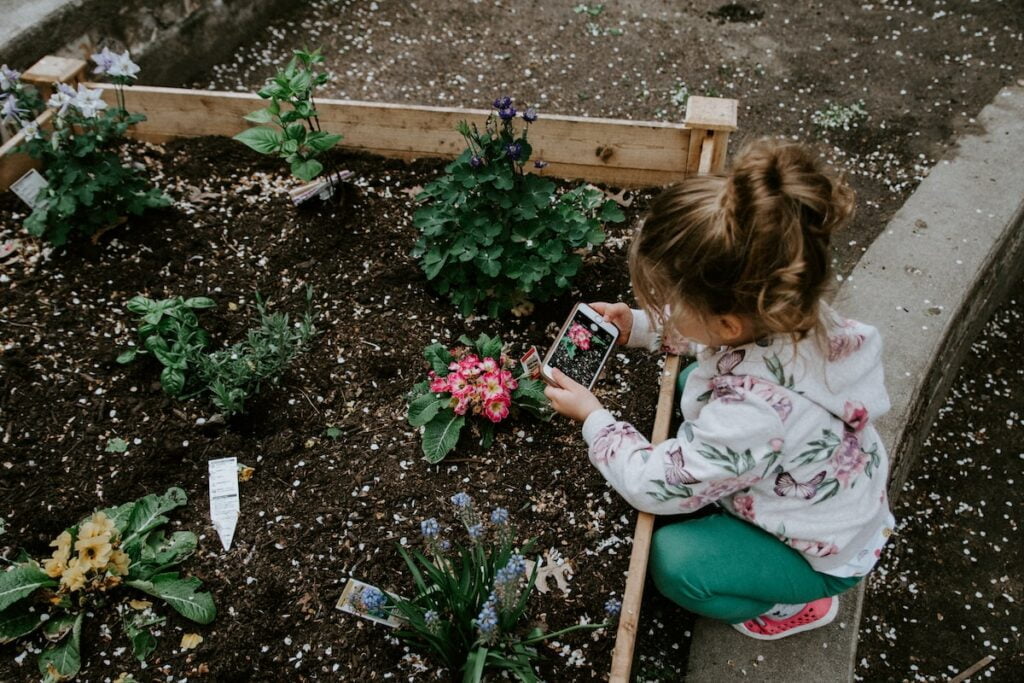
Be Mindful of Water Usage
Conserving water is also part of the zero-waste cooking ethos. Be conscious of the water you use while preparing meals. For example, use as little water as possible when washing and boiling foods. You can also reuse cooking water; after boiling vegetables, the leftover water is full of nutrients and can be used in broths or watering plants.
Mindful Eating
In the end, one of the best ways to prevent food waste is mindful eating. This means being conscious of what you eat and how much you eat. By listening to our body’s hunger and satiety signals, we can prevent overeating and, by extension, food waste.
Remember, moving towards zero waste cooking is a journey, not a destination. It’s about making mindful choices, one meal at a time, and continuously learning and adapting. Every bit of effort counts, so don’t get discouraged if you’re not entirely waste-free; what matters is that you’re making a conscious effort to reduce waste and become more sustainable.
Zero waste cooking not only benefits the planet but also nourishes our bodies, our wallets, and our communities. By embracing zero waste cooking, we can help ensure a sustainable food system for future generations while enjoying delicious, nutritious meals today.
Do you want to share your story and inspire our readers ? Know that every story is paving the way for a brighter, happier future.





